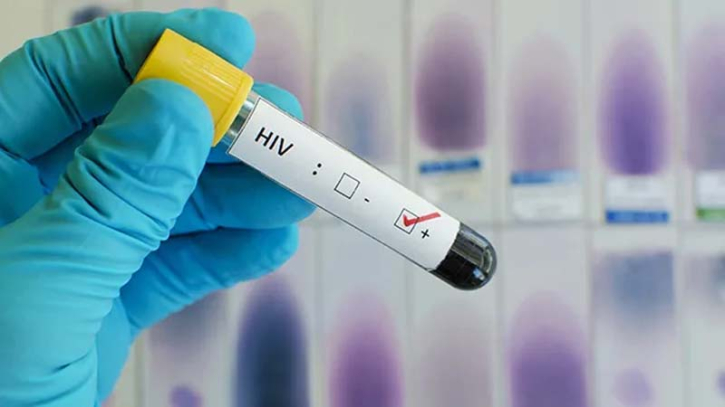HIV Pregnancy Poses Major Risks, Needs Specialist Care

Thirty-three-year-old Ayesha (a pseudonym) was taken aback when she learned she had HIV during her third pregnancy. Already a mother of two, Ayesha’s husband, Nuru Safa, an expatriate Bangladeshi residing in the Middle East, returns to Bangladesh annually for short visits.
Nuru last visited five months ago, after which Ayesha discovered she was pregnant again. Despite her initial joy, she soon faced health challenges, including frequent fevers and significant weakness just two months into her pregnancy.
Seeking medical help, Ayesha consulted her family gynaecologist, who conducted tests revealing her HIV status. The doctor advised heightened vigilance throughout her pregnancy.
Gynaecologist Dr Monowara Haque clarified that while HIV-positive women can carry a pregnancy to term, they face increased risks compared to those without the virus. HIV can be transmitted to the baby during pregnancy, delivery, or breastfeeding.
Dr Haque recommended that all pregnant women undergo HIV testing to manage their health effectively. Proper antiretroviral treatment (ART) can significantly lower the risk of HIV transmission to the baby, reducing it to as low as one percent.
She urged women with HIV who plan to conceive to seek advanced medical guidance to ensure a healthy pregnancy and delivery. Regular consultations with healthcare providers are crucial, especially during breastfeeding, to minimise risks.
Dr Ishrat Jahan added that mother-to-child transmission of HIV is a key concern. Integrating maternal health and HIV care can reduce transmission risks. Pregnant women with HIV should receive ART and specialised care to protect their baby from the virus.
 (5).png)








